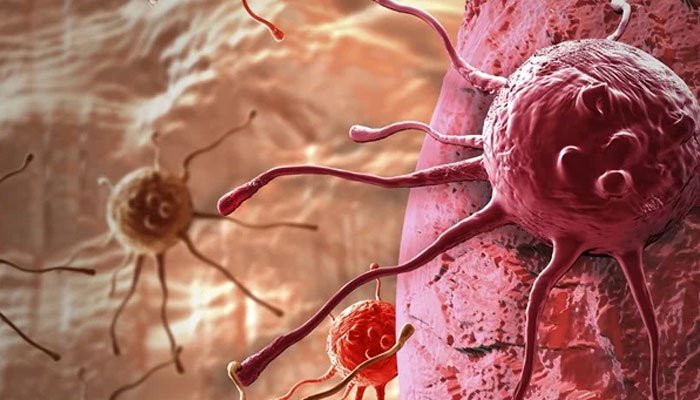Artificial Sweeteners May Undermine Cancer Immunotherapy, Study Warns. A groundbreaking study published in Cancer Discovery has raised major concerns about consuming artificial sweeteners during cancer treatment. According to researchers, these sugar substitutes may interfere with the success of immunotherapy, increasing the risk of poor treatment outcomes for patients.
Sweeteners May Disrupt the Immune System

Professor Abby Overacre and her team led the study and investigated how a widely used artificial sweetener influenced cancer immunotherapy in mice. Although the summary didn’t name the specific sweetener, the results showed that mice consuming it had a significantly weaker response to treatment.
Researchers found that the sweetener disrupted immune function, which plays a vital role in helping immunotherapy attack cancer cells effectively.
Arginine Supplement Helps Restore Treatment Response
Despite these findings, the research team offered a hopeful solution. When they introduced arginine, a naturally occurring amino acid, into the mice’s diets, the animals responded positively to immunotherapy again.

The researchers emphasized the importance of realistic solutions. “Patients already face enormous challenges during treatment,” they noted. “Telling them to stop drinking diet soda entirely may not be feasible. That’s why we need practical alternatives.”
As a result, arginine supplements could offer a simple workaround for patients who struggle to eliminate artificial sweeteners from their daily diet.
Implications for Cancer Patients
Many people turn to artificial sweeteners as “healthier” alternatives to sugar. These additives are commonly found in:
- Diet sodas
- Sugar-free gum
- Low-calorie desserts
- Protein shakes and bars
While convenient, these products may present hidden risks for cancer patients. This study adds to growing evidence that questions the long-term safety of artificial sweeteners.
In fact, the World Health Organization (WHO) has already linked excessive sweetener use to heart disease, diabetes, and metabolic disorders.
More Research Needed, But Actionable Steps Exist
Although researchers conducted this study using animal models, the findings still carry weight. Human trials are necessary to confirm the effects, but the early data already suggests a need for caution.
Here’s what cancer patients can do now:
- Talk to oncologists or dietitians about their dietary choices
- Track their artificial sweetener consumption
- Ask medical professionals whether arginine supplements are right for them
This new research reveals a critical connection between diet and cancer therapy effectiveness. While more studies are on the horizon, the message is clear: even everyday choices — such as sipping diet soda — can influence how well a treatment works.
Until more conclusive evidence emerges, arginine supplements may provide a safe and practical option to protect both health and healing.








